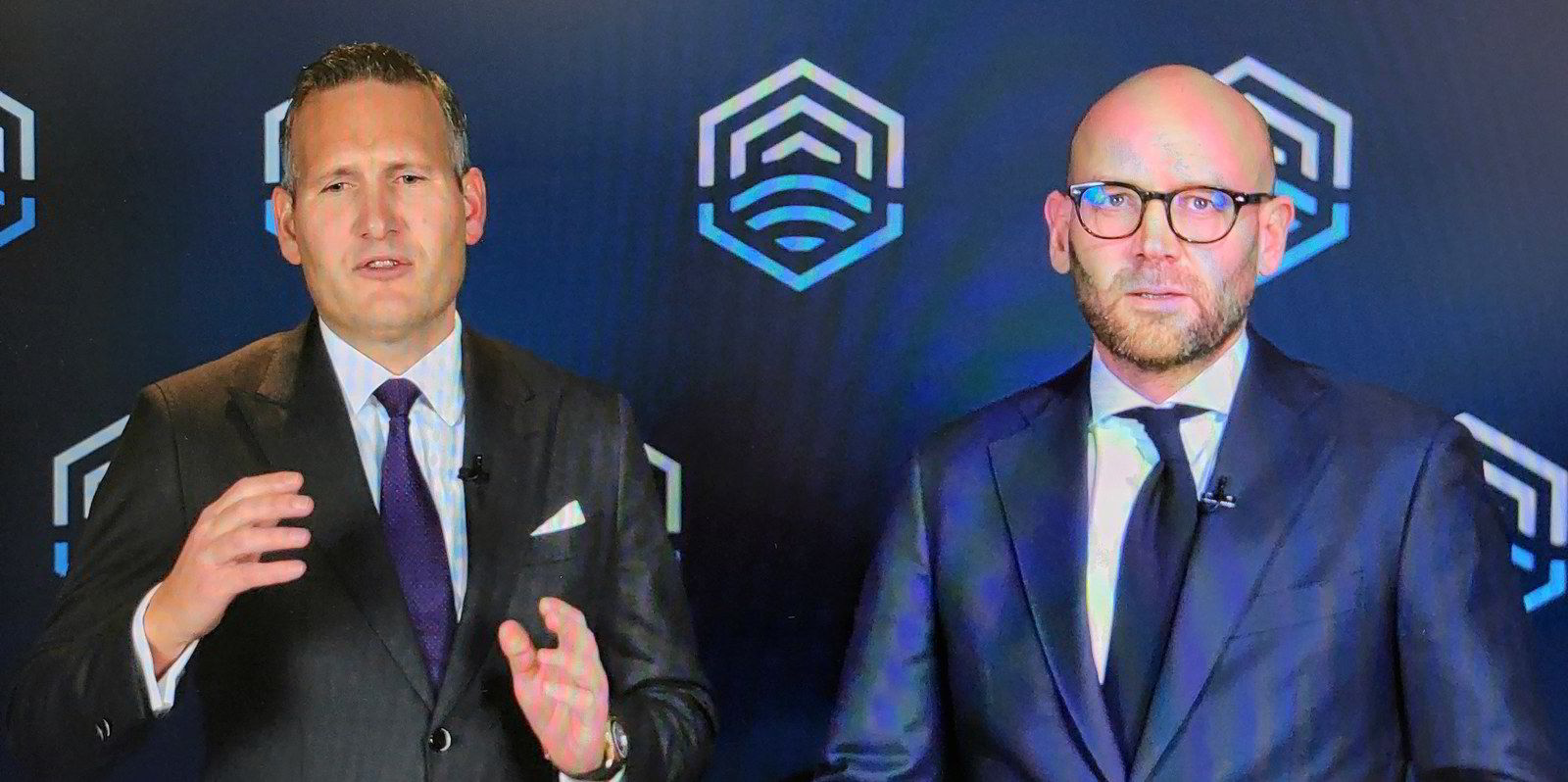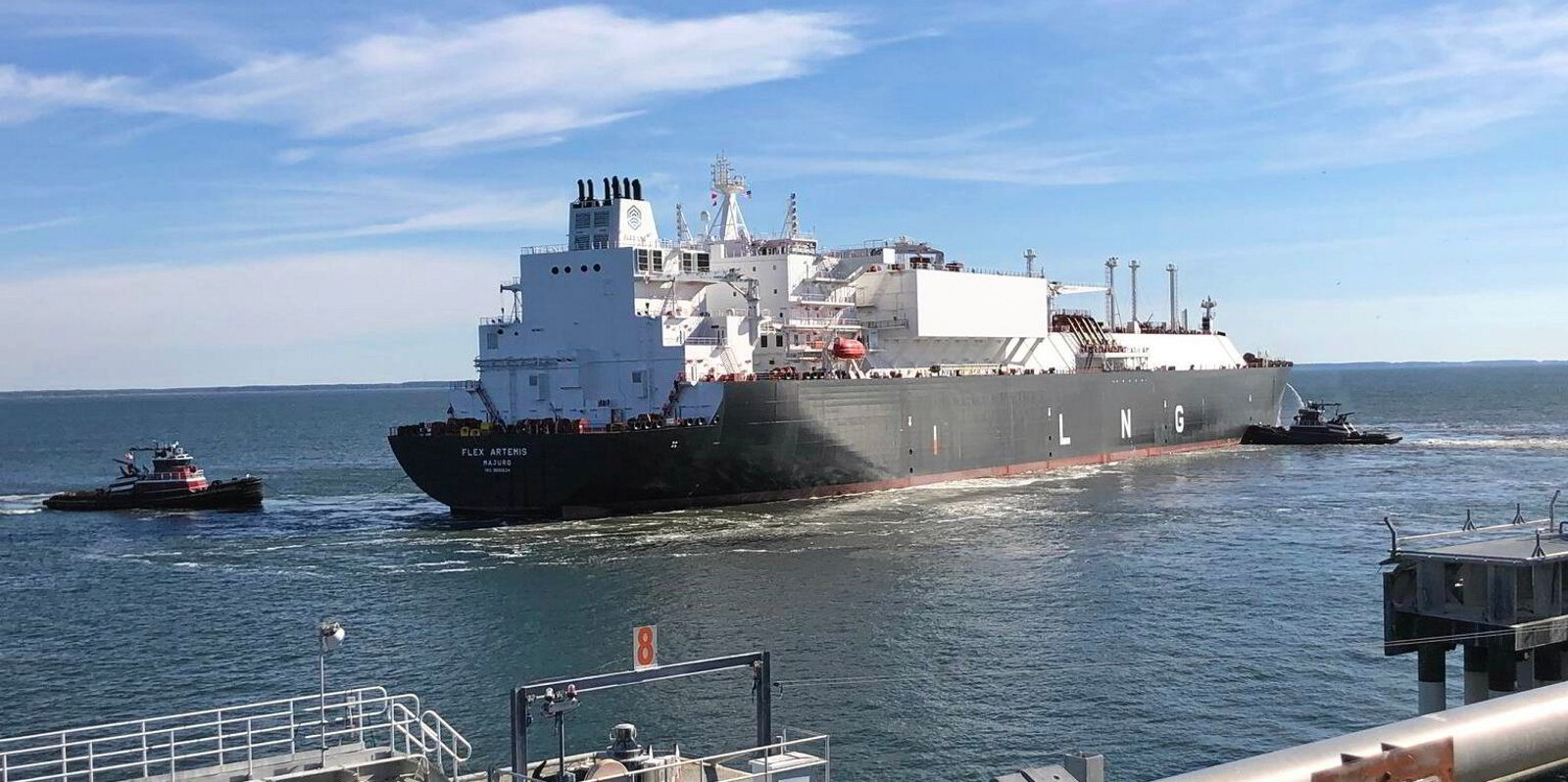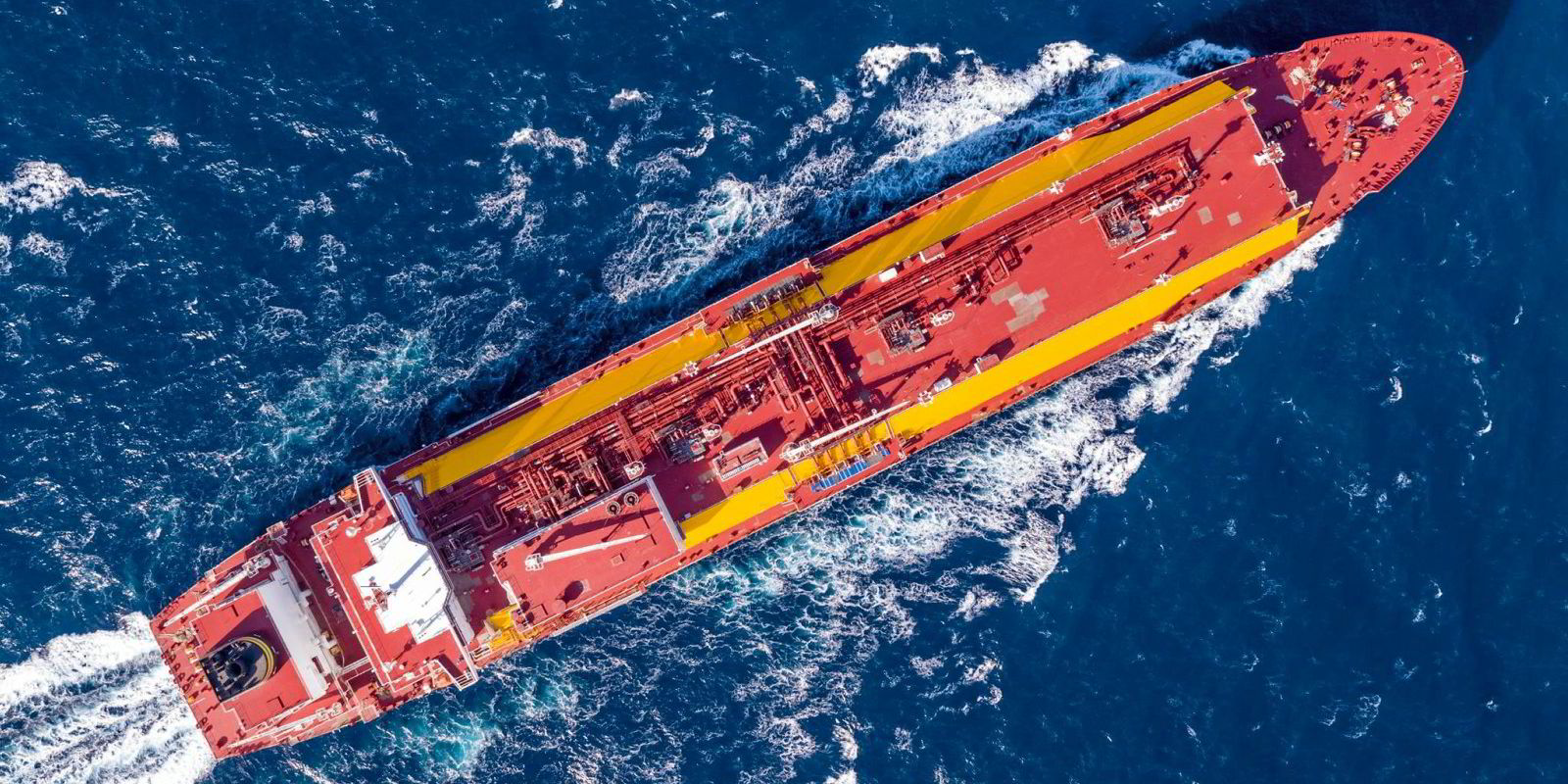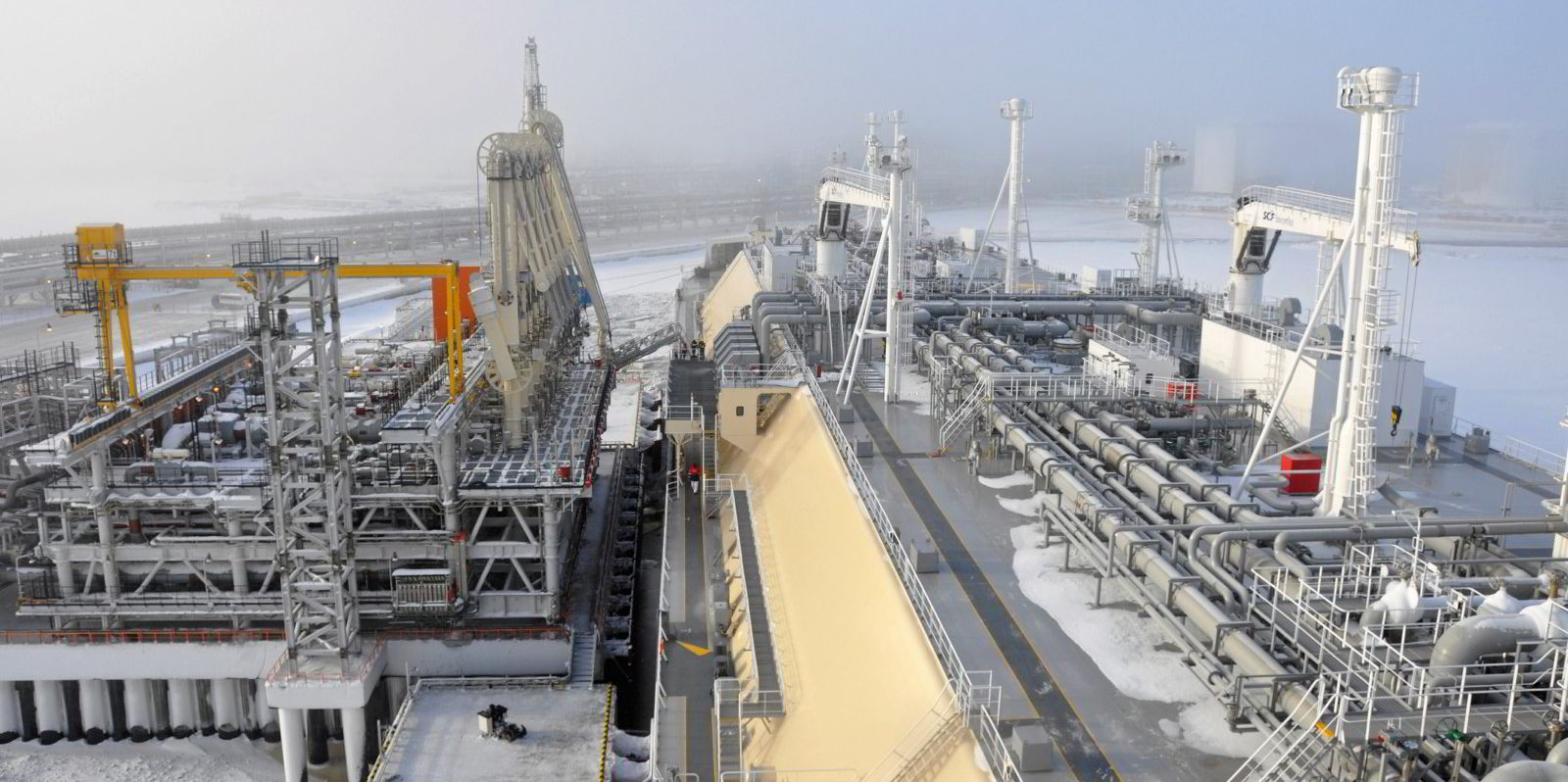John Fredriksen-controlled Flex LNG is optimistic about fixing LNG carriers that are next to come open at stronger rates, with the first vessels due to come offhire in the opening half of 2027.
Speaking on a third-quarter results call, Flex LNG chief executive Oystein Kalleklev said the company’s 174,000-cbm Flex Ranger (built 2018) is the outfit’s first available vessel and will be fully open at the end of the first quarter of 2027.
He also highlighted the 173,400-cbm Flex Constellation (built 2019), which is due to come offhire in 2027 if the charterer takes up its renewal option.
Kalleklev also mentioned several other ships, for which the company expects charterers will declare the options they are holding to extend contracts on these vessels.
Flex LNG has 12 of its 13 LNG carriers chartered out on fixed-hire charters with a lone vessel, the 173,400-cbm Flex Artemis (built 2020) chartered out on a variable spot rate.
Kalleklev said higher newbuilding prices and interest rates have pushed up term charter rates. He quoted five-year levels at around $115,000 per day and said Flex LNG has guided hire at around $80,000 per day.
“We do think there are opportunities to fix our ships when they are coming off charter at higher rates,” he said.
Looking at the market, Kalleklev said spot rates for modern tonnage are currently at around $200,000 per day, but these are about half the record rates seen a year ago.
“We do expect rates to stay at this elevated level for the remainder of the year,” he said.
The CEO said in 2023 average sailing distances are down due to more US cargoes delivering to Europe over longer haul to Asia.
There are also fewer spot and term fixtures this year, with the bulk of these done by charterers, “as independent owners have more or less left the spot market today”, he said.
Flex LNG chief financial officer Knut Traaholt gave some insight into the difference between the company’s debt on its vessels and their book values.
Traaholt said the debt is being repaid much faster than the book values are depreciated. He said that, on the balance sheet, Flex LNG depreciates these over 35 years down to a conservative scrap value where the recent retirement of LNG carriers is nearer 40 years on average.
“Even the book values are depreciating faster than the economic life of these vessels and at the same time the book values are low compared to the current market,” he said.
But he added that banks and leasing houses are more conservative, so Flex LNG’s debt is paid over a repayment profile of around 21 years.
“We repay our debt 1.7 times faster than the book values are depreciated,” Traaholt said.
He said this allows the company to save up around $40m a year.
Kalleklev said Flex LNG has made its own LNG carrier fleet model.
Referencing this and data from shipbroker Affinity LNG, he said 100 steam turbine ships are coming off charters by 2027. He said the inefficiencies of these vessels and new decarbonisation regulations will likely drive scrapping.
“By 2030, I think most of the steamships will have left the market,” he said.
Answering questions, Kalleklev said the company is open for consolidation.
“If we find owners with the right assets and the right attitude, we are happy to consolidate and be part of a bigger story,” he said.






